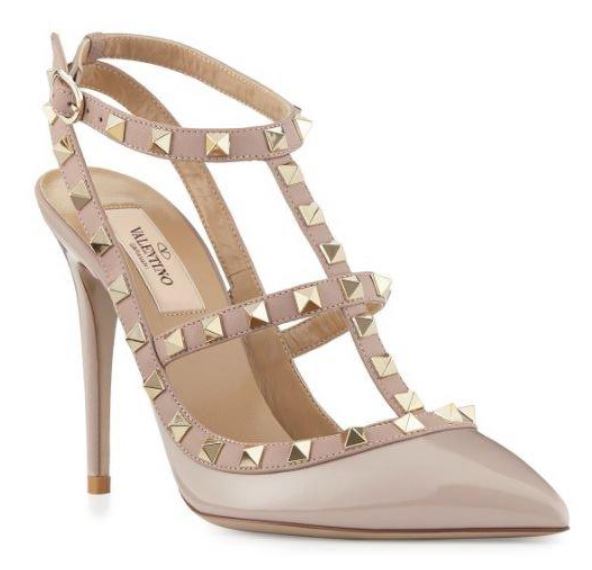“Lettuce Turnip the Beet” Pun on T-Shirts Not Trademark Use, Ninth Circuit Affirms
The owner of the trademark “LETTUCE TURNIP THE BEET” cannot prevent third parties from printing the mere phrase on t-shirts, tote bags, or other products. The U.S. Court of Appeals for the Ninth Circuit affirmed on January 20, 2021 that consumers are likely to purchase such products because they find the phrase aesthetically pleasing and not because they associate the phrase with any particular source. LTTB LLC v. Redbubble, Inc., 19-16464 (9th Cir. 2021).
Read More


